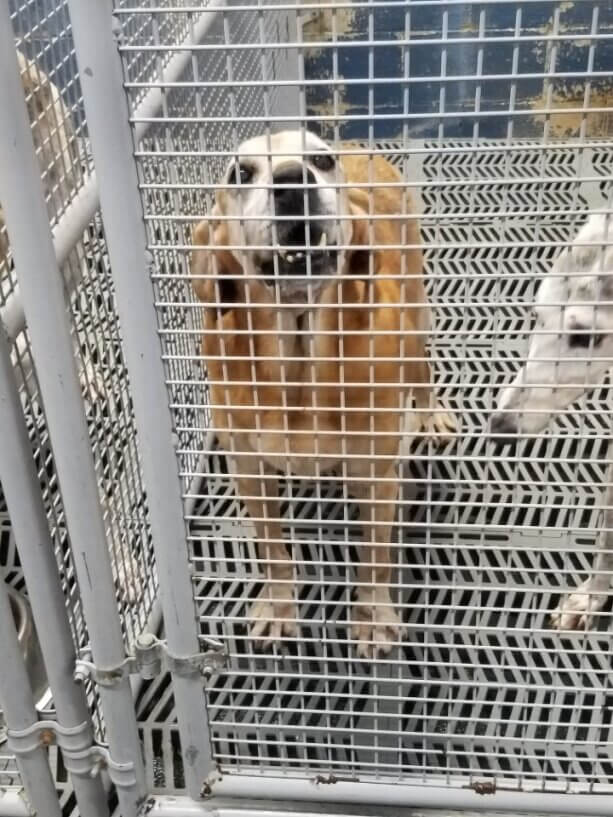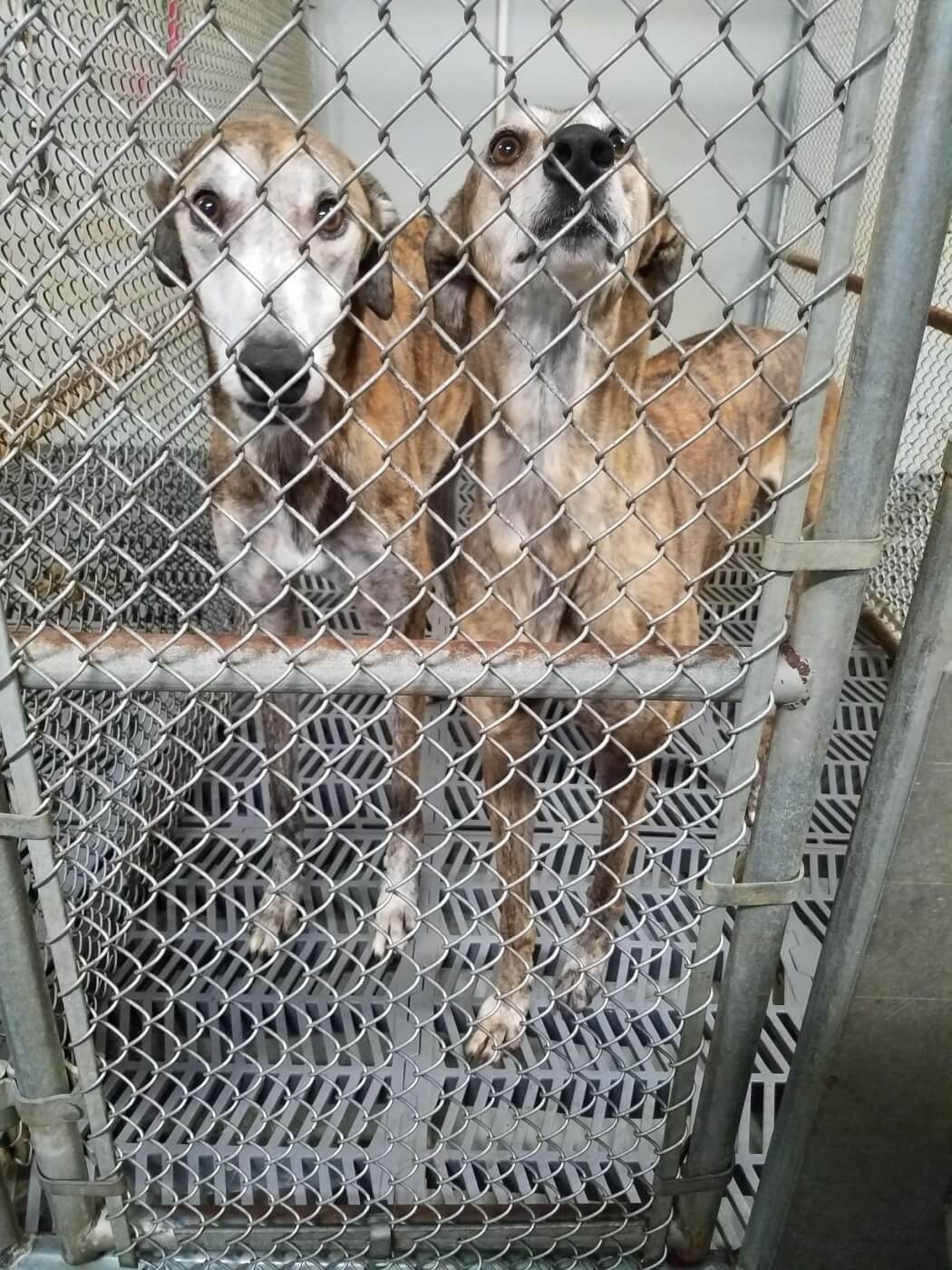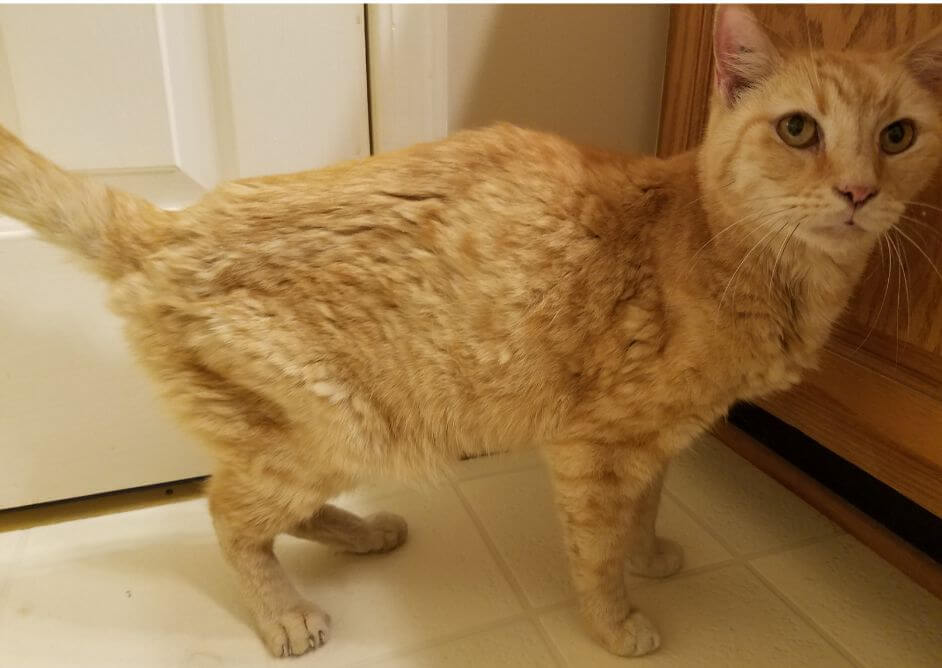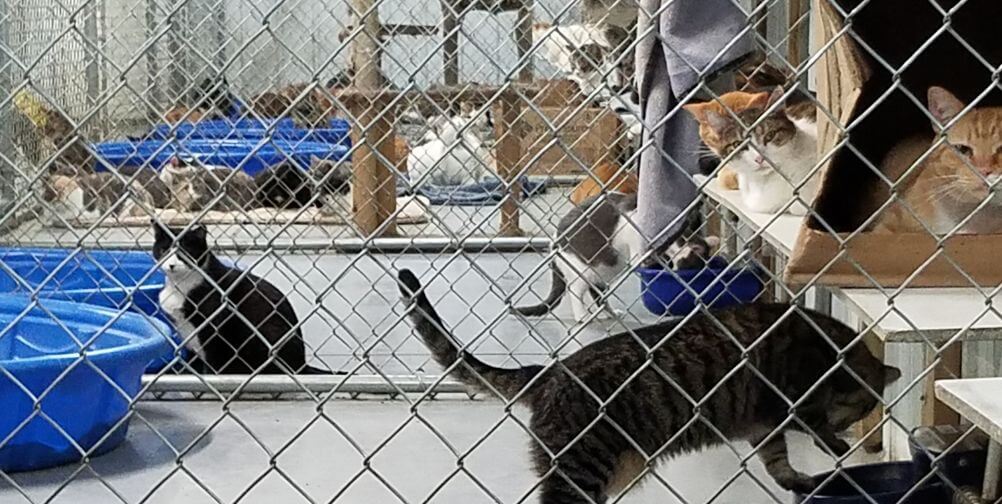Vet Tech Shaken by PETA’s Investigation
I feel like I have blood on my hands.
Like so many other people, I went into the veterinary medicine field because I wanted to help animals. As a licensed veterinary technician, I took an oath to “dedicate myself to aiding animals … by providing excellent care and services for animals.”


It haunts me to find out years later that critically ill animal patients may have received blood taken from sick, confined sentient beings. In the pursuit of healing, I unwittingly perpetuated suffering.
I Was So Naive
Beginning in the classroom and then moving to the biology lab, my studies eventually led to my externships in real-life veterinary clinics—including time spent at a 24-hour emergency hospital—where animals and their guardians depended on us to provide the best care possible.
During this time, I learned about the vital need for blood transfusions in animals. Whether due to trauma, toxins, clotting disorders, or cancer, critically injured and sick dogs and cats often require lifesaving blood from animal donors.

Much like their human counterparts, animal blood donors must meet stringent criteria to ensure not only their safety but also the safety of the recipients. To prevent as few complications as possible, donors should be healthy adults who don’t have infections or underlying health issues. Here’s why:
- Transfusions can spread disease from donor to recipient.
- Contaminated blood can cause sepsis.
- Infected donors can transmit other infections, such as those caused by viruses or bacteria.
So to recap, sick animals need blood from healthy animals. Seems simple, right?
Sick Animals Helping Sick Animals Is Just Sick
When I was a student, I was oblivious to the origins of blood used for transfusions. After becoming a licensed technician, I still didn’t consider the source of the blood. The unsettling truth emerged years later when an undercover PETA investigation revealed that some clinics use blood from The Veterinarians’ Blood Bank (TVBB) in Indiana, where more than 900 dogs and cats are forced to spend their entire lives as living blood bags.

As uncovered in the investigation, exploited “donors” at TVBB are confined to barren kennels and crowded pens with no semblance of a natural life. Many of them are elderly, emaciated, or sick with upper respiratory infections, bone cancer, or other issues. Some of these lifesaving animals are denied adequate veterinary care.
A state veterinarian noted that animals at TVBB, including seniors, are bled more frequently—and at an older age—than blood banking and transfusion safety standards dictate. In addition to dogs housed in rusty kennels without bedding, she found cats with eye discharge and serious dental issues. Every dog whose teeth she examined had dental disease.
I can’t stop thinking about every animal who’s at risk in this situation. Unwell animals bled from cradle to grave—and critically ill recipients pumped full of potentially contaminated blood—is anything but the “excellent care” I promised to provide.
The Road Ahead
I wish I had known the truth while I was still working in practice. I would’ve asked questions, talked to my supervisors, and urged them to implement a policy against obtaining blood from captive animals.
My path to veterinary medicine was paved with good intentions. After working as a technician for many years, I went back to college to become a writer. Now I spend my days using what I’ve learned to uphold the commitment I made on the day I took the Veterinary Technician Oath.

